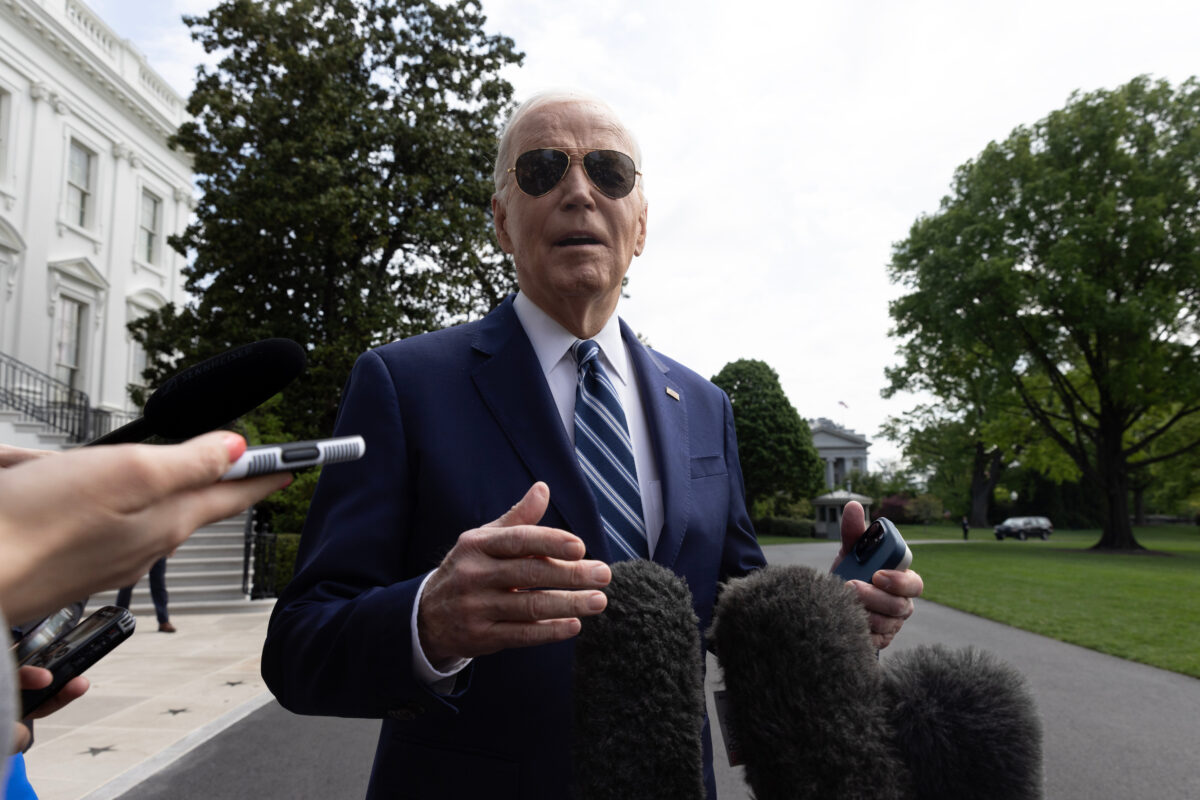‘Well, It’s A Risk’: Janet Yellen Admits Gas Prices Could Spike Again This Year
Treasury Secretary Janet Yellen noted on Sunday that there remains a “risk” of gas prices spiking again this year.
Europe is presently grappling with an energy crisis emerging from limited oil and natural gas supplies due to the Russian invasion of Ukraine. In an interview with CNN anchor Dana Bash, Yellen indicated that the situation could also lead to higher prices in the United States.
“Well, it’s a risk. And it’s a risk that we’re working on the price cap to try to address,” she said. “This winter, the European Union will cease, for the most part, buying Russian oil. And, in addition, they will ban the provision of services that enable Russia to ship oil by tanker. And it is possible that that could cause a spike in oil prices.”
The national average price of gasoline was $2.38 per gallon when President Joe Biden assumed office and increased to $3.53 per gallon by the start of the Russian invasion. After surpassing $5.00 per gallon in early June, prices have subsided to $3.72 per gallon as of Monday, according to data from AAA.
Finance ministers representing the G7, which includes Canada, France, Germany, Italy, Japan, the United Kingdom, and the United States, committed earlier this month to pursue a joint price cap on Russian oil. The ministers affirmed that the bloc “will continue to stand with Ukraine for as long as it takes” by banning the sale of Russian oil above a given rate.
“Our price cap proposal is designed to both lower Russian revenues that they use to support their economy and fight this illegal war, while also maintaining Russian oil supplies that will help to hold down global oil prices,” Yellen told CNN. “So I believe this is something that can be essential, and it’s something that we’re trying to put in place to avoid a future spike in oil prices.”
However, energy ministers representing European Union member states failed to reach a consensus on the price cap during a Friday meeting. The nations may instead compel fossil fuel companies to pay a “solidarity contribution” that would ease soaring energy prices, which have increased more than tenfold for some households and businesses.
After the finance ministers announced the price cap, Russia severed natural gas flow through the Nord Stream 1 pipeline. Meanwhile, Russian President Vladimir Putin doubled down on the restricted shipments, remarking at the Eastern Economic Forum that he is prepared to ignore existing supply agreements. “Will there be any political decisions that contradict the contracts? Yes, we just won’t fulfill them. We will not supply anything at all if it contradicts our interests,” Putin said. “We will not supply gas, oil, coal, heating oil — we will not supply anything.”
Several member nations of the European Union, which abide by the official policy of becoming “a climate-neutral society” by 2050, are now implementing energy use policies of varying stringency. France has called for a 10% reduction in energy consumption, while Spain and Switzerland (which is not part of the EU but has close economic ties to the bloc) are introducing regulations for thermostat levels.
In a departure from other European officials, however, British Prime Minister Liz Truss reversed the nation’s ban on fracking and proposed a return to oil and gas drilling in the North Sea. Meanwhile, Biden has leased less government land for oil and gas drilling than any of his predecessors since World War II at this point in his first term, according to an analysis conducted by The Wall Street Journal.
" Conservative News Daily does not always share or support the views and opinions expressed here; they are just those of the writer."





